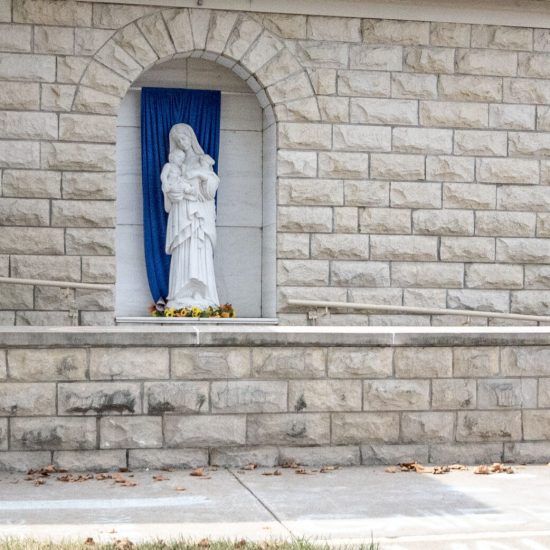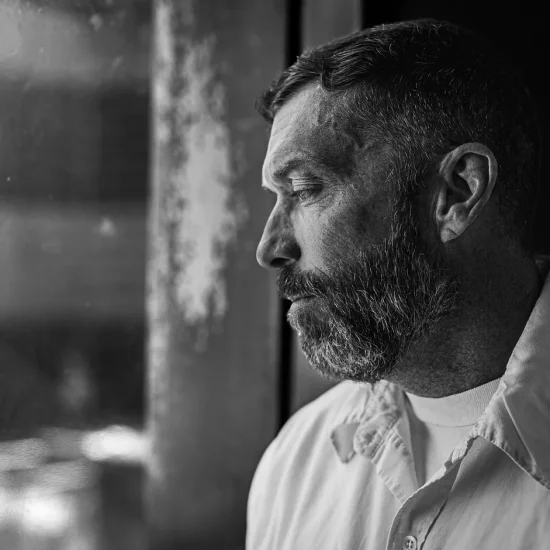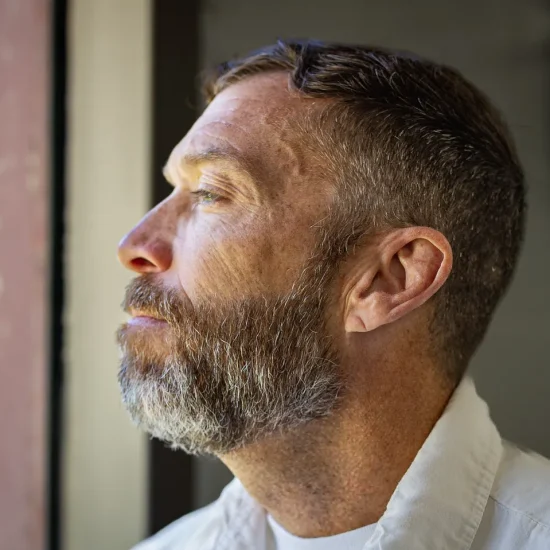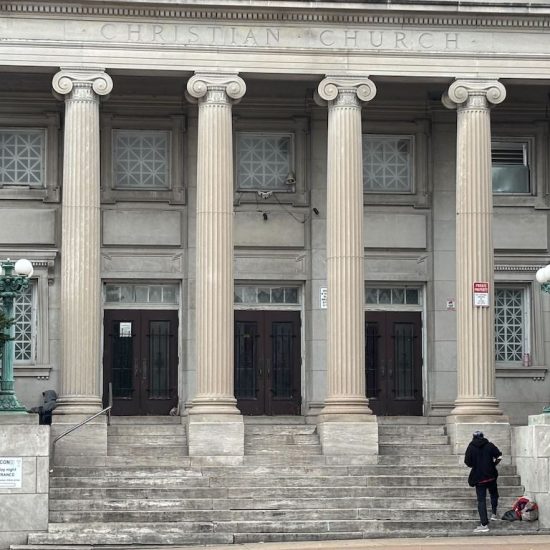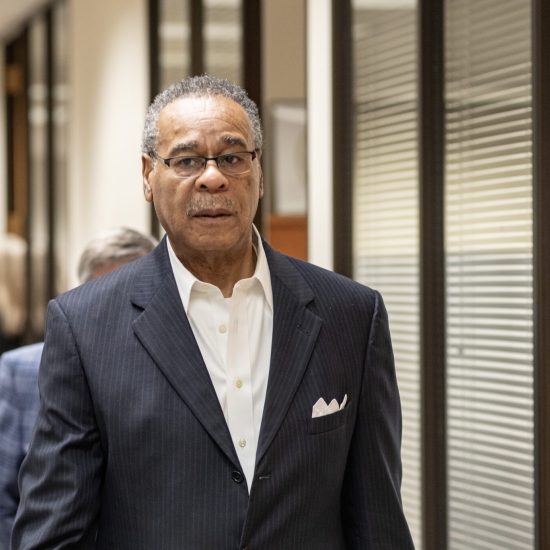(RNS) — A group of religious leaders is condemning a Missouri bill to permit people to carry concealed firearms in church without permission from clergy, with St. Louis’ Catholic archbishop threatening to sue if the bill is signed into law.
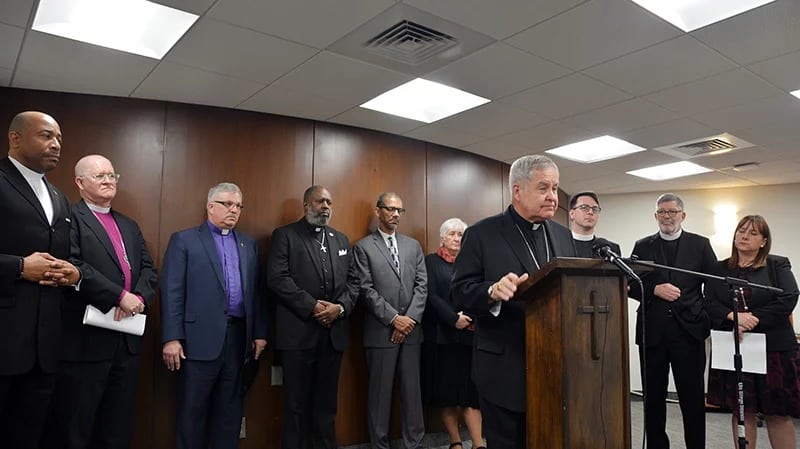 The bill would “broaden Second Amendment rights at the expense of the First Amendment right of religious liberty,” said Archbishop Robert J. Carlson.
The bill would “broaden Second Amendment rights at the expense of the First Amendment right of religious liberty,” said Archbishop Robert J. Carlson.
On Wednesday (April 11), a group representing Jewish, Catholic, Episcopalian, Lutheran, Methodist, Baptist and other traditions held a news conference to oppose Missouri House Bill 1936, which would allow residents to carry a concealed firearm on most private properties — including houses of worship — unless there is specific signage saying otherwise.
Currently, concealed-carry permit holders in the state are required to obtain permission from their pastor, minister or people representing their religious organization before bringing concealed guns to such places.
Two state House of Representatives committees already approved the bill — along party lines — with Republicans voting in favor.
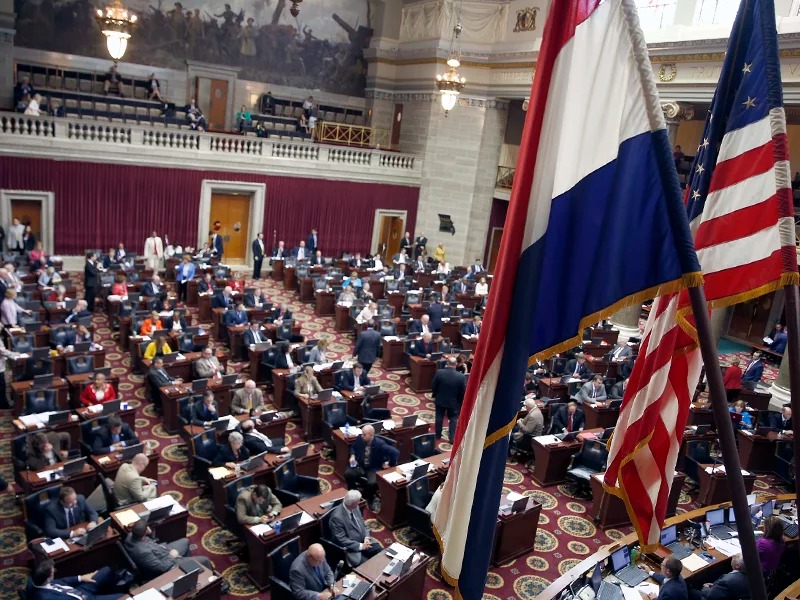 Members of the Missouri House of Representatives work on the final day of the legislative session on May 13, 2016, at the Capitol in Jefferson City, Mo. (AP Photo/Jeff Roberson)“Pastors, rabbis and religious leaders should not be compelled by the government to place signage in our sacred places prohibiting activity we may not want to allow on our own private property,” said Carlson, whose archdiocese includes nearly 500,000 Roman Catholics.
Members of the Missouri House of Representatives work on the final day of the legislative session on May 13, 2016, at the Capitol in Jefferson City, Mo. (AP Photo/Jeff Roberson)“Pastors, rabbis and religious leaders should not be compelled by the government to place signage in our sacred places prohibiting activity we may not want to allow on our own private property,” said Carlson, whose archdiocese includes nearly 500,000 Roman Catholics.
During a question-and-answer session a few minutes later, Carlson — whose fellow Missouri Catholic bishops issued a joint statement condemning the bill and gun violence in general last week — warned of a potential legal battle: “We (Catholics) would not be above lawsuits or other actions to prevent the law from going into effect.”
Jered Taylor, a Republican Missouri House member from Nixa who is sponsoring the bill, said he “completely disagrees” with the archbishop’s assessment.
“The last thing I want to do is infringe on individuals’ rights,” he said in an interview, noting there are churches that support his proposal. “If they don’t want (concealed guns on their property), all they have to do is post a sign just like any private property. Allowing the church to decide will not infringe on their religious liberty rights.”
Other clergy, however, echoed the archbishop’s discontent and expressed frustration with the broader issue of gun violence.
Rabbi Brigitte Rosenberg of the St. Louis Rabbinical Association said she was “troubled” by the “epidemic” of gun violence. Episcopal Bishop George Wayne Smith encouraged lawmakers to take up alternative legislation, such as banning bump stocks, strengthening background checks, limiting high-capacity magazines and ensuring better access to mental health care.
United Methodist Bishop Robert Farr said he is a gun owner himself and there is a role for “responsible gun ownership,” but he argued in a statement that the bill might “negatively impact the safety of a local church” and hinder the ability of houses of worship to self-govern.
“We hope and pray that the political leaders of our state will overcome partisan divisions for the sake of safety,” said the Rev. Charles Norris, second vice president of the St. Louis Metropolitan Clergy Coalition, which represents leaders from more than 50 local African-American congregations.
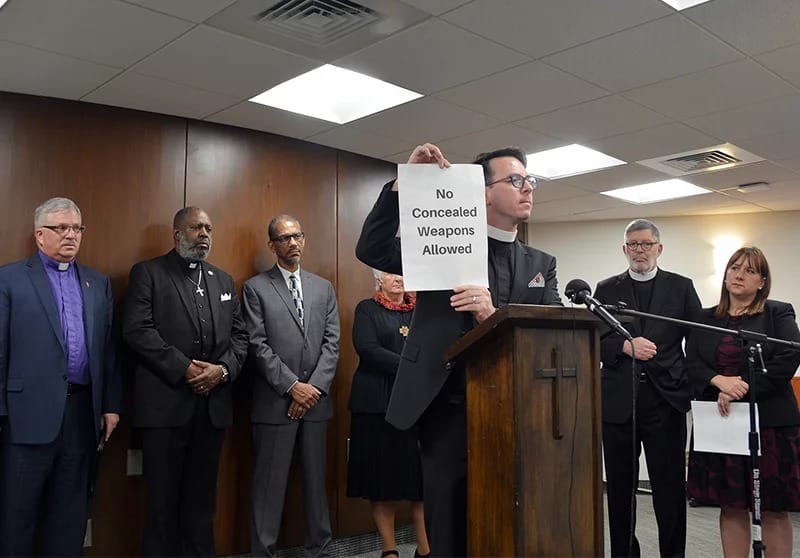 Religious leaders from a variety of faiths express opposition to a Missouri bill that would permit people to carry concealed firearms in church, during a news conference in St. Louis, on April 11, 2018. Photo courtesy of Fred KoenigThe campaign mirrors years of activism by faith groups in other states. In 2014, prominent rabbis, pastors and bishops in Georgia publicly opposed legislation allowing people to carry firearms in sanctuaries if permitted by an individual place of worship. When the bill was passed, groups of Episcopal and Catholic churches in Georgia promptly banned guns — with a few exceptions, such as those carried by law enforcement — from their property. Similarly, when Texas expanded its open-carry laws in 2016, the Catholic diocese in Dallas banned guns in all of its churches.
Religious leaders from a variety of faiths express opposition to a Missouri bill that would permit people to carry concealed firearms in church, during a news conference in St. Louis, on April 11, 2018. Photo courtesy of Fred KoenigThe campaign mirrors years of activism by faith groups in other states. In 2014, prominent rabbis, pastors and bishops in Georgia publicly opposed legislation allowing people to carry firearms in sanctuaries if permitted by an individual place of worship. When the bill was passed, groups of Episcopal and Catholic churches in Georgia promptly banned guns — with a few exceptions, such as those carried by law enforcement — from their property. Similarly, when Texas expanded its open-carry laws in 2016, the Catholic diocese in Dallas banned guns in all of its churches.
More recently, many religious organizations and clergy members participated in the March for Our Lives last month — a sprawling protest calling for stricter gun control laws.
There are some, however, who embrace the idea of parishioners carrying firearms into houses of worship. In the aftermath of November’s church shooting in Sutherland Springs, Texas, the Rev. Robert Jeffress — a Dallas pastor and faith adviser to President Trump — voiced support for having an armed congregation, saying, “I’d say a quarter to a half of our members are concealed-carry. They have guns, and I don’t think there is anything wrong with that — they bring them into the church with them.”


